Plato once said that “Music gives a soul to the universe, wings to the mind, flight to the imagination, and life to everything.”
Similarly, music can also give an energetic life and potential growth to stunted and distorted plants.
According to the book “The Secret Life of Plants,” plants are highly sensitive to sound. In fact, they can even react when music is played around them. The book also highlights the phenomena of Sonic Bloom: it’s a process of using low-frequency sounds to increase the growth and health of plants.
Interestingly, researcher Dr. Dan Carlson first developed a Sonic Bloom device in the 1970’s.
He used it on over 100,000 acres of crops in the US. The results were terrific as the plants not only grew faster but also had a higher yield. Luckily, this helps me a lot with my homesteading also.
Moreover, this gizmo sends out a low-frequency sound that is inaudible to humans. But the plants can feel it. This sound stimulates the cells in the plants and helps them absorb more nutrients and water.
After knowing about this, I use a combination of classical music and jazz for my plants. Surprisingly, they started producing more fruits and flowers and growing faster.
That being said, let’s dive in to learn more about how music helps increase the plant’s yield.
How Does Music Help Plants Grow?
It is still not entirely clear how exactly plants react to music. However, scientists believe that plants produce more ethylene gas when playing music. Ethylene is a plant hormone that helps in the ripening of fruits.
Moreover, plants also release more enzymes when they hear music. These enzymes help in the growth and development of the plant. Although I didn’t do the microscopic study to check if there were more enzymes, I noticed a difference in the growth of my plants. So, I believe it really makes an impact on the plant’s growth!
Related: Do You Have This Plant In Your Backyard?
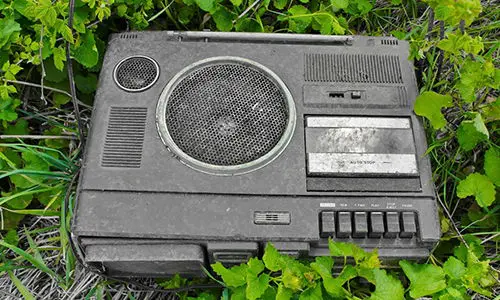
Do All Plants Respond to Music?
Yes, almost all plants respond, but not all plants react to music in the same way.
In fact, some plants may even wilt when they are played music. Different plants have different sensitivities to sound.
However, you can use any sound to stimulate plant growth. But some frequencies are more effective than others. The best sound frequency for plant growth is between 62 and 72 hertz.
This frequency is naturally present in the environment. But it is mostly drowned out by man-made noise such as traffic, construction, etc. Personally, I prefer 65 hertz for my plants. However, you can create this frequency using a tuning fork, an electronic device, or even a musical instrument.
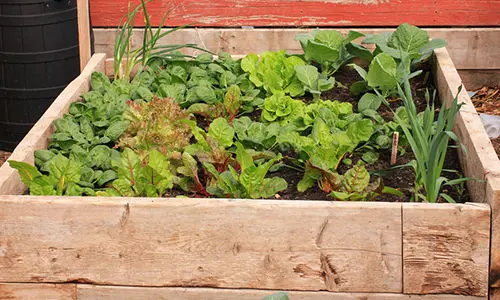
Classical Music Is Highly Preferred
Classical music is highly preferred for plant growth and is also my plants’ favorite. This is because classical music has a wide range of frequencies. These frequencies promote different parts of the plant. In turn, the plant grows in a well-rounded and balanced manner with accelerated growth.
Moreover, classical music also helps to reduce stress in plants. This is because it has a calming effect on the plant. When the plant is stressed, it produces less fruit or flower. So, by reducing the stress levels in the plant, you can increase its yield.
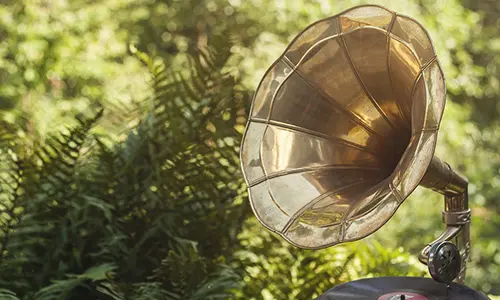
What Plants Grow Best With Which Type of Music
According to an experiment by Dorothy Retallack, different plants react to different types of music. For example, she found that cabbages grew best when they were played with classical music. On the other hand, plants such as cucumbers and tomatoes grew best when they were played rock music.
Here are some examples of plants and the type of music they respond to:
- Tomatoes – Rock music
- Cucumbers – Rock music
- Cabbage – Classical music
- Lettuce – Reggae
- Poppies – Jazz
- Sunflowers – Classical music
So, to see which type of music your plants like the best, you will actually have to experiment with it yourself. You can use white noise, a mix of all frequencies in equal proportions. This type of noise is known to encourage plant growth. You can create white noise using a fan, air conditioner, or a simple white noise machine.
Related: 13 Plants That Thrive In Shade
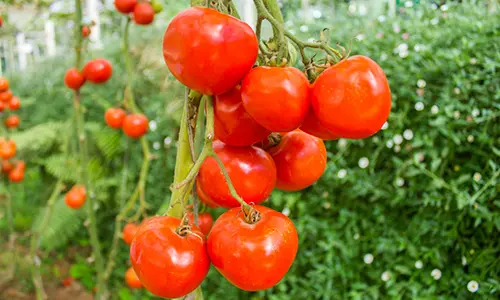
How to Use Music to Help Your Plants Grow
Now that you know how music can help your plants grow, you might be wondering how to use it. Well, you can play music for your plants in a few ways.
- One way is to use a portable speaker. Make sure to place the speaker close to the plants so they can benefit from the vibrations.
- Another way is to use a plant music player. These are special devices designed to play music for plants. They usually come with a built-in speaker and various frequencies.
- You can also use a plant music app on your phone. A few apps are available that allow you to play music for your plants. I use the “PlantWave” app on my phone, which works really great.
- Finally, a plant music system can also be used. These systems are designed for greenhouses and gardens. They usually come with a set of speakers that are placed around the plants.
Positive or good vibes make you feel not only good but also positively affect the plants. So, try to create a positive environment around your plants and see them thriving, just like mine. Choose the best and most convenient method and start playing music to get exceptional results. And you will literally be amazed!
Surprisingly, you can also talk to your plant. It’s said that plants can also respond to positive vibes and words.
So, go ahead and experiment it out with your lovely plants. And don’t forget to share your experience with us in the comments below. We would love to hear from you!
You may also like:
 If You Have This Plant in Your Backyard, You Will Never Run Out of Soap
If You Have This Plant in Your Backyard, You Will Never Run Out of Soap
How to Make Bark Bread from a Tree that Grows on Almost Every Street in America (Video)
If You Have Pets, Get Rid Of These Plants Immediately!

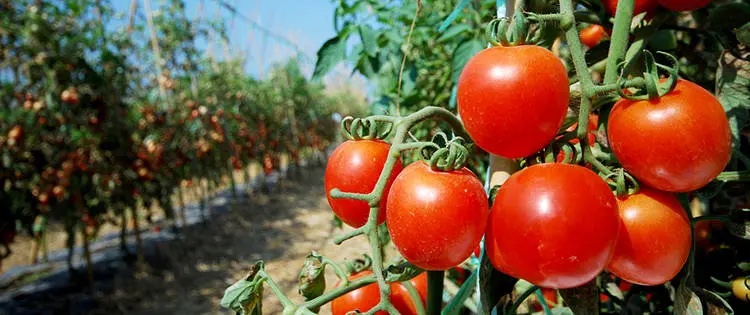








I have heard that it is definitely true that you can talk to plants. They can’t understand your language but they sense your intentions and attitude. I’m sure a lot have heard of the guy in about the 50’s or so, who hooked up a lie detector to a houseplant, tested it, tore a part of it’s leaf off, and tested it again and it reacted to him in a huge conclusive way when he entered the room! They have done many many more experiments with this and have found that it is a very good thing to think positive and prayerful thoughts before you eat. There is a connection! Some of you may not believe but if you do the research … mark my words.
432 hertz of sounds and music. It’s natures tone.